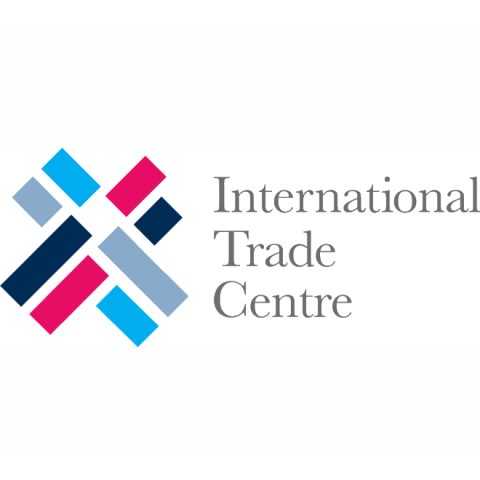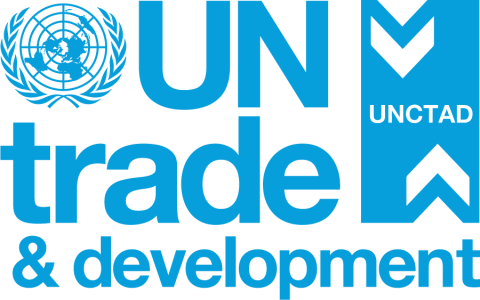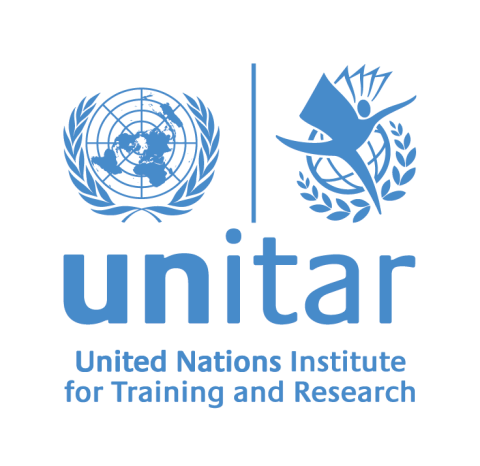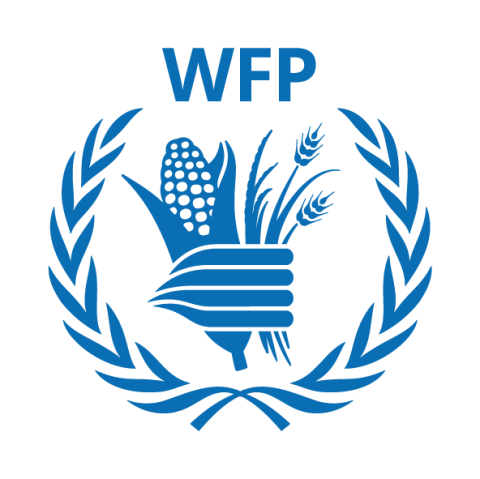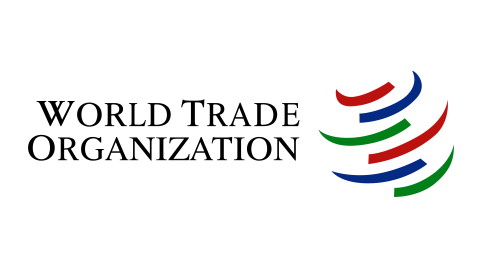
Breadcrumb
Defining the rules of trade
The World Trade Organization (WTO), a UN-related entity based in Geneva, is responsible for setting up and monitoring international trade agreements. The aim of these agreements is to lower trade barriers, such as customs, as they are meant to stimulate economic growth and development, especially in the countries of the Global South. The trade agreements negotiated at WTO cover goods as well as services and intellectual property.
Currently, there are 16 different multilateral (global) agreements in place, in addition to two regional agreements. These agreements span topics such as agriculture, textiles and clothing, banking, telecommunications, industrial standards etc. The latest round of trade negotiations, the “Doha Round” started in 2001 and is still ongoing. Approximately 20 trade topics are under review during the Doha negotiations, and their outcome is expected to considerably change the international trading system, aiming at further easing participation for developing countries.
One of the main principles of WTO and its Member States is that of treating all nations equally: if a WTO Member States grants special treatment to another State, such as reduced customs, it has to trade with all other WTO Member States under the same premises.
WTO oversees in how far Member States adhere to the agreements they signed. All WTO members undergo a periodic screening of their trade policies and practices. At the same time, WTO monitors regional and bilateral trade agreements, making sure that their rules are transparent and fair.
Implementing quality standards
The Economic Commission for Europe (ECE) facilitates better economic cooperation, specifically among its 56 members. This includes the development of joint standards, for example in the agricultural sector or in e-business. These standards are used by producers, traders, governments and international organizations. ECE also assists Member States in implementing these standards. This ensures the quality of a product and thus helps protect the consumer’s interest.
Example: In December 2023, ECE’s Working Party on Agricultural Standards published standards for pecans, including their permitted size and colour. The standard states that the shell must be intact, free from dirt, mold, moisture or living pests.

Development trough trade
WTO agreements contain special provisions for developing countries, such as prolonged time for the implementation and assistance in building trade capacity and implementing standards.
Targeted assistance to developing countries’ governments is rendered by UN Trade and Development (UNCTAD), with the aim to improve access and opportunities at global markets, and the firm belief that this will lead to economic growth and development within developing countries. On a policy level, the organization conducts research and publishes findings including recommendations with a view on improving the economic prospects of developing countries. UN Trade and Development also helps least developed countries to improve national trade policies and helps countries of the Global South to draft and turn to life regional trade agreements.
In 2023, UNCTAD has carried out more than 200 projects, providing direct technical assistance in over 70 nations.
Example: EU-UNCTAD joint programme for Angola
Started in 2017, the Train4Trade II programme in Angola has yielded impressive results. The South-West African country is highly dependent on oil which makes up about 93% of its total exports. This is not only risky, as the country’s economic situation can rise and fall with the demand for oil, but the wealth gained through the oil sales is unevenly distributed and large parts of the population still live in poverty.
UNCTAD followed a holistic approach in addressing the problem, inviting government, businesses, NGOs and academia to work together. The programme included training around 2,700 participants until May 2023, most of them from the public sector, but also entrepreneurs and providers of trade courses; adapting the curricula of trade degrees; and revising trade-specific policies and strategies, such as policies on Angola’s investments or the country’s cultural sector. First results are promising: The export market is growing, with an increased share of non-oil exports in recent years.
UN partners with small and medium businesses
Most agencies, such as UNCTAD and WTO, liaise primarily with governments. The International Trade Centre (ITC), a joint venture of the two, has a different approach: the Centre offers small and medium-sized businesses direct, practical training, advisory services and data analyses with the aim to help entrepreneurs consolidate and grow their businesses and to connect them to regional or global markets.
ITC focusses on developing countries, especially on least developed or landlocked developing countries, small island developing States, Sub-Saharan African nations, post conflict and fragile states. Within this geographic focus, ITC lays emphasis on working with women, youth, refugees and migrants, and other vulnerable groups.
Example:
In Latin America, ITC helped female handicraft business owners and associations connect their products to a global market through e-commerce. They learned how to use social media for their business, built websites or offer their crafts on global market platforms.
Across six countries, ITC supported 200 small businesses and 24 local trade institutions. Businesses assisted by ITC generated more than $USD 86,000 in revenue, 125 companies received more than 2,400 orders online from 21 markets, and created and optimized 119 websites and stores on Etsy, eBay and Novica.
Stopping illegal trade
Much as the UN works on fostering international trade, its tasks also entail preventing or halting illegal trade activities. The Vienna-based United Nations Office on Drugs and Crimes (UNODC) counters illicit trafficking of firearms, drugs, protected species, waste or chemical materials, cultural property or medical products. Curbing human trafficking is among the organization’s most exigent activities in this area. UNODC brokers international agreements to combat criminal trade activities. The organization also assists States in improving their legislation, implementing actions to tackle international crime, and improving cooperation, so that cross-national crime can no longer remain untried.
The Convention on International Trade in Endangered Species of Wild Fauna and Flora (CITES) oversees international trade on endangered plant and animal species to ensure their survival. Considering the immense value of rare animal products such as tiger teeth or ivory, but also plants, woods, or medical herbs, strong laws need to be put in place to contain their trade. In this respect, CITES protects more than 40,000 plant and animal species. States who have signed the Convention must translate its content into national law and restrict legal and, consequently, illegal trade of natural goods.
Solving disputes between States
What to do if there is dissent about the interpretation of global trade agreements? If States argue who is right and who is wrong? Who might or might have not violated one of the common rules? A strong dispute settlement mechanism is at the center of WTO’s actions. WTO members have agreed to settle trade inside the multilateral system instead of taking action unilaterally.
Since 1995, 626 disputes have been brought to the WTO. Most of these were settled through consultations between the parties, and only a minority underwent a formal ruling in front of a panel.
If an agreement has been broken, the panel asks to correct the activities, and, when the situation has been going on for a while, for compensation to the other Member State.

Example: China initiates WTO dispute complaint regarding EU subsidy duties on electric vehicles
In August 2024, China has requested WTO dispute consultations with the European Union regarding the EU’s additional duties imposed on battery electric vehicles from China. Dispute consultations are the first step in WTO's dispute settlement process.
UN Organizations working on international trade
The World Bank Group is an international financial institution whose mission is to end extreme poverty and boost shared prosperity on a livable planet. It works in every major area of development and provides a wide array of financial products and technical assistance to help countries share and [...]
UN Trade and Development (UNCTAD) is the UN’s leading institution dealing with trade and development. It is a permanent intergovernmental body established by the United Nations General Assembly in 1964. UNCTAD supports developing countries to access the benefits of a globalized economy more fairly [...]
As a dedicated training arm of the United Nations system, the United Nations Institute for Training and Research (UNITAR) provides innovative learning solutions to individuals, organizations and institutions to enhance global decision-making and support country-level action for shaping a better [...]
The United Nations Office on Drugs and Crime (UNODC) has the mandate to make the world safer from drugs, organized crime, corruption and terrorism. The organization is committed to achieving health, security and justice for all by tackling these threats and promoting peace and sustainable well-being [...]
The United Nations World Food Programme (WFP) is the world’s largest humanitarian organization, saving lives in emergencies and using food assistance to build a pathway to peace, stability and prosperity for people recovering from conflict, disasters and the impact of climate change.
The WFP Geneva [...]
The WTO provides a forum for negotiating agreements aimed at reducing obstacles to international trade and ensuring a level playing field for all, thus contributing to economic growth and development. The WTO also provides a legal and institutional framework for the implementation and monitoring of [...]

